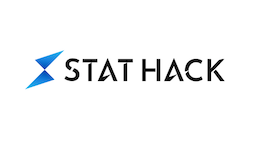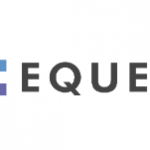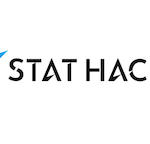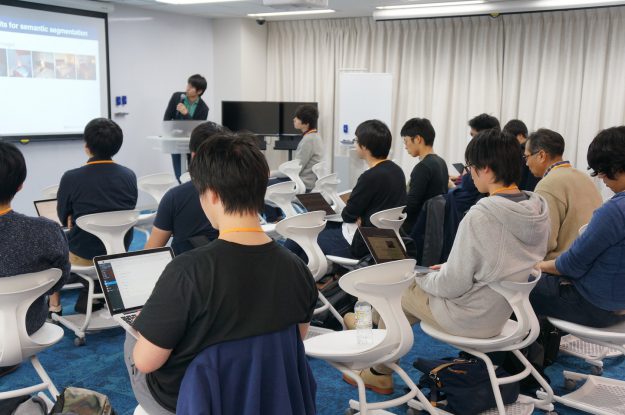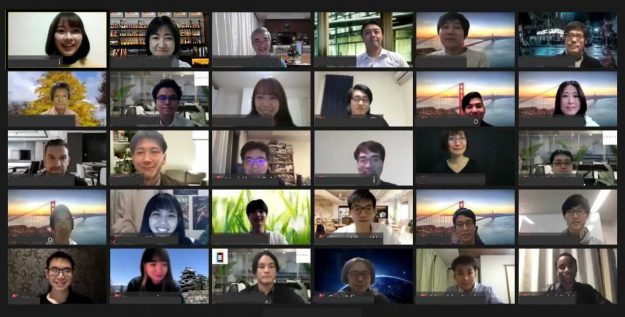Release of Weblab-10B: A 10 Billion-Parameter Bilingual Language Model Supporting Japanese and English
Press Release: Matsuo Laboratory, The University of Tokyo Release of Weblab-10B: A 10 Billion-Parameter Bilingual Language Model Supporting Japanese and English ※ The following is a partial English translation of the press release issued on August 22, 2023. Please refer to the Japanese version for the original. Original: Press Release_2023/08/22 Tokyo, [2023/08/22] —…

 日本語
日本語

